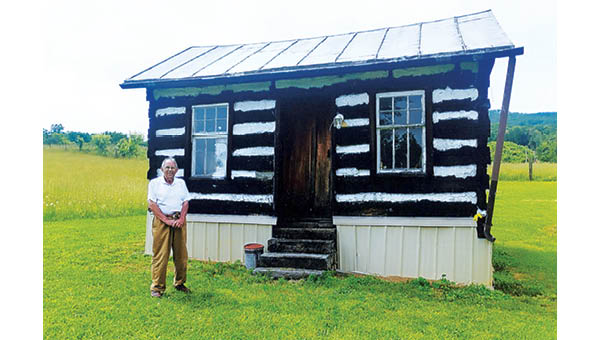Give more, not less, to economic development
Published 9:30 am Monday, May 5, 2014
Economic development in Elizabethton and Carter County is not easy. Perhaps it never has been.
Even going back to the 1890s and the early 1900s, when Elizabethton was a booming town, there were periodic crashes interspersed with the booms.
But both the county and city have continued working toward attracting private-sector businesses and family-wage employers, because our community has many qualities that make it the land of opportunity.
We just have to sell it.
Recently, funding for Carter County Tomorrow, our local economic development driver, has been questioned. Some of the questions surrounding the city’s funding to the organization focus on whether the money could be better used elsewhere and what is the city getting in return for its investment.
Though the gains in new jobs and new tax revenue dollars have not been as high as we would have liked, one consistency over the years is people haven’t stopped working on economic development.
Economic development is a complicated thing. The variables are almost infinite. But it’s essentially about workforce, infrastructure, transportation network and, of course, location, location, and location.
It’s also about money.
Each year, the city contributes $45,000 from the Elizabethton Electric Department and $49,000 from water/sewer fund toward CCT operations. The county government contributes $40,000 for its part. This is not a very big budget for economic development. We expect a lot for our small investment.
It’s vital that we have an economic development office – a single point of contact for new businesses, one that will provide all the necessary information and then take the new business by the hand and guide it through the maze of local government.
At this point, Carter County Tomorrow Director Tom Anderson has crafted a “road map” to help diversity and strengthen the local economy. Part of that map includes a riverfront development area along the Watauga River; development along the Interstate 26 corridor; and sewer services for the Roan Mountain Village.
Just as a smart household budget must distinguish between things that are essential and those that are optional, Carter County Tomorrow must establish what the county and city really need as the community advances through this century.
That’s not as easy a task as it might seem. For example, many people consider paying for Internet access to be an integral part of their monthly budget. Few people thought that 30 years ago, and a decade earlier few people even knew what the Internet was.
Yet a good plan for Elizabethton and Carter County must try to integrate today’s need with those that might be needed further in the future, while allowing enough flexibility to accommodate changes that can’t be anticipated now.
Instead of cutting money for Carter County Tomorrow, both the city and county need to think about investing more in economic development. If we fail to invest in tomorrow, then our returns will be minimal.
We need to put as much effort into our local economy as we do into preserving the landscape.
Economic development, especially these past few years, has not been easy work. It doesn’t happen overnight – or even in just a year or two.
That doesn’t mean, of course, that the county or city should give Carter County Tomorrow a free pass. Anderson and the CCT Board need to be prepared with hard evidence that the work they’re doing is starting to pay off.
At this point we can not give up on our efforts to recruiting new businesses and new jobs to the community. Instead, we need to re-enforce those efforts.





